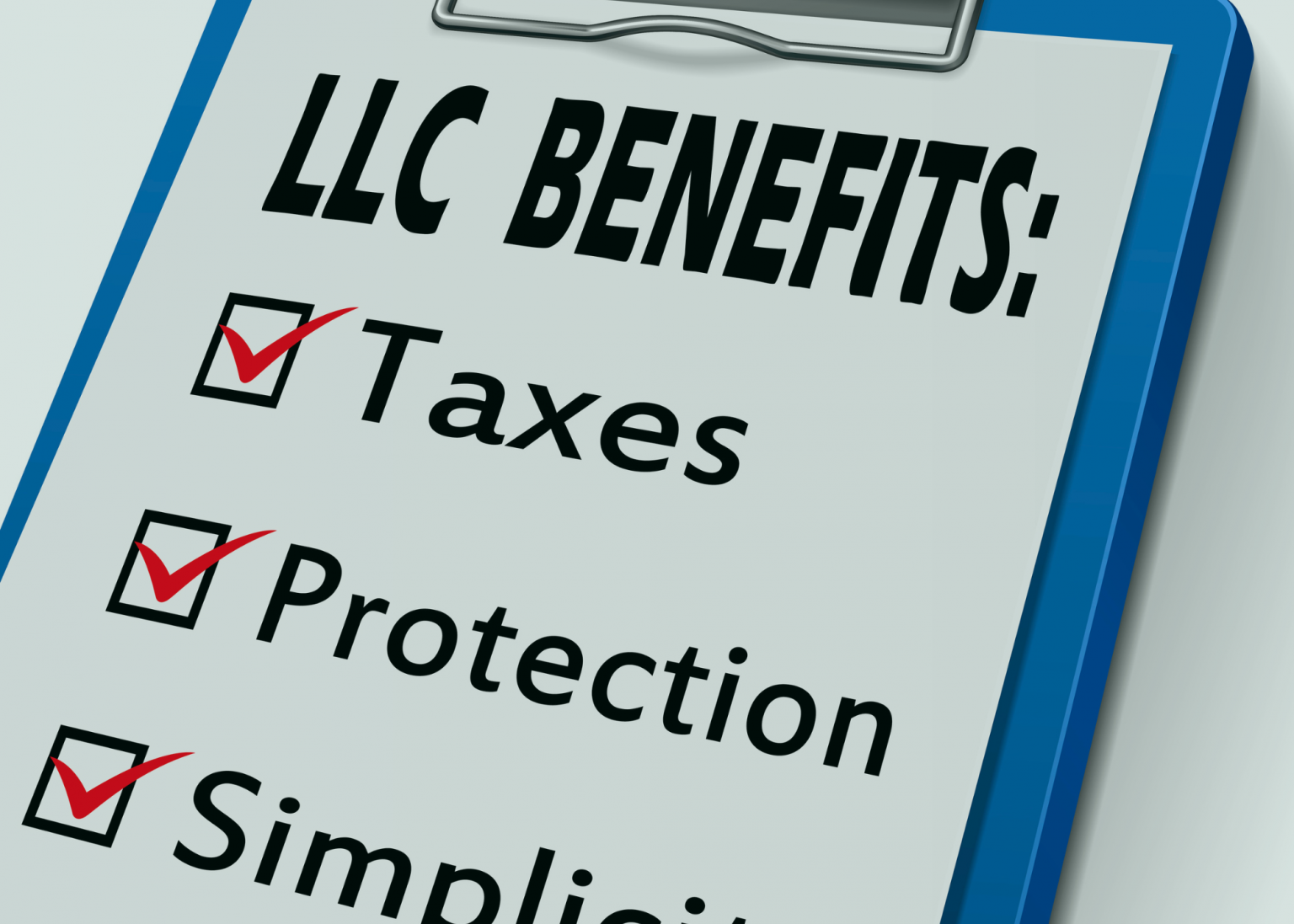Key Takeaways
-
Buying a house under an LLC protects personal assets from property-related risks.
-
LLC ownership limits financing options and often requires larger down payments.
-
Privacy and liability protection are major advantages for investors and high-profile buyers.
-
Consult legal and tax experts before transferring or purchasing property under an LLC.
Buying a house under an LLC has become increasingly popular among real estate investors and business owners. It offers liability protection, privacy, and potential tax benefits, but it also introduces financing challenges and potential costs. Whether this approach makes sense for you depends on your long-term goals—especially if you’re purchasing property for investment rather than personal use.
What Is an LLC?
A Limited Liability Company (LLC) is a legal entity that separates your personal and business assets. It can have one or multiple members and is frequently used by small business owners and real estate investors to reduce personal liability.
Essentially, an LLC operates as its own legal person. It can own property, open bank accounts, and enter into contracts independently of its members. If the LLC incurs debt or faces a lawsuit, the members’ personal assets generally remain protected.
Can You Buy a House With an LLC?
Yes, you can. An LLC can legally purchase a home or investment property. In this case, the LLC—not you personally—becomes the property’s legal owner.
Many investors choose this route to shield their personal assets from potential lawsuits, tenant disputes, or other liabilities. High-profile individuals also prefer LLC ownership to maintain privacy since the property title lists the company name, not theirs.
To gain full protection, the LLC must act as a completely separate entity with its own tax ID, business bank account, and operating agreement.
Financing a Property Through an LLC
Securing a mortgage for an LLC is often more difficult than obtaining one as an individual. Most traditional lenders avoid residential loans to LLCs because they consider them higher-risk borrowers. However, specialized commercial lenders and portfolio loan programs have made this process more accessible.
Here’s how typical financing for an LLC compares to a traditional mortgage:
| Financing Factor | LLC Purchase | Individual Purchase |
| Down Payment | 20–25% or higher | 3–20% (depending on loan type) |
| Interest Rates | Slightly higher | Standard residential rates |
| Qualification Standards | Stricter | Easier |
| Loan Programs | Limited to commercial or portfolio loans | FHA, VA, and conventional options available |
Some lenders allow rental income from the property to count toward qualification, making it easier for real estate investors to finance income-producing properties. Still, buyers should prepare for higher upfront costs and limited loan options.
Can You Transfer a Home You Already Own to an LLC?
Yes, you can transfer ownership of your existing home into an LLC. However, it’s essential to understand the potential consequences.
If your home currently has a mortgage, the transfer may trigger a due-on-sale clause, requiring immediate loan repayment. It could also affect your title insurance and change your mortgage terms.
Additionally, your state may impose real estate transfer taxes or administrative fees. Before transferring property, consult a tax advisor or attorney to avoid unexpected costs and complications.
When Does It Make Sense to Buy a House With an LLC?
Buying a house under an LLC makes sense for investors, landlords, and those prioritizing privacy. It’s especially beneficial if you:
- Own multiple rental properties
- Manage investment real estate
- Want liability protection
- Prefer anonymity in property records
For primary homeowners, though, the costs and financing hurdles typically outweigh the benefits.
Bottom Line
Buying a house under an LLC offers valuable protection and flexibility, but it’s not right for everyone. For real estate investors or business owners, the structure can provide financial security and tax advantages. However, for typical homebuyers, the higher costs and stricter lending standards often make purchasing in your own name the better choice.
Before deciding, speak with a mortgage professional, attorney, or tax advisor to evaluate how LLC ownership fits your goals and risk tolerance.
FAQs About Buying a House Under an LLC
No SSN required. Zero impact to credit. Your Information is never sold.



